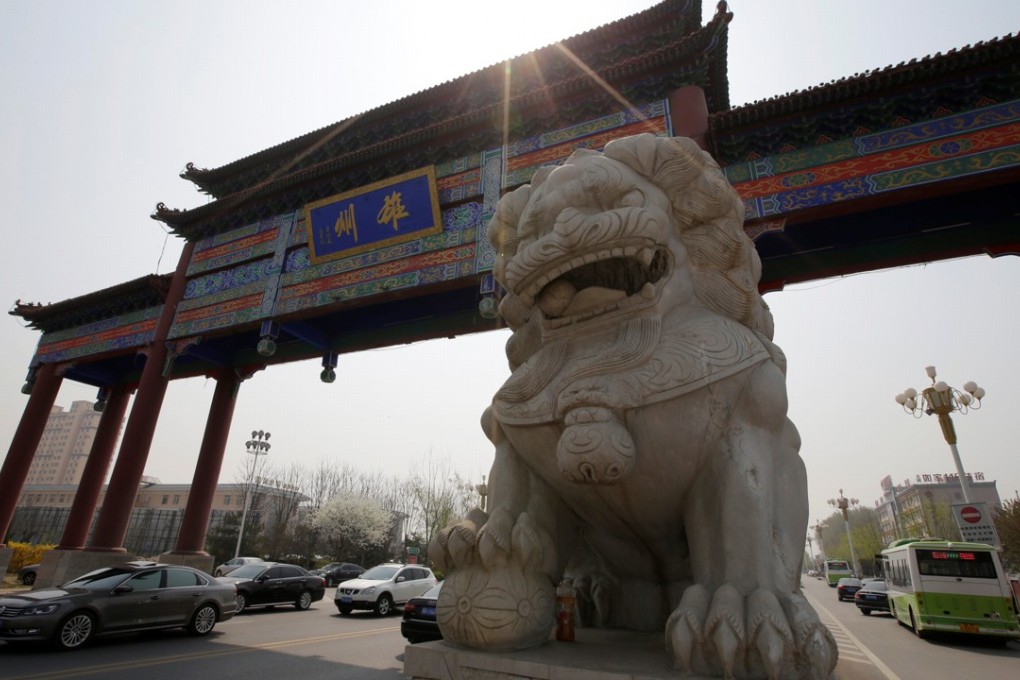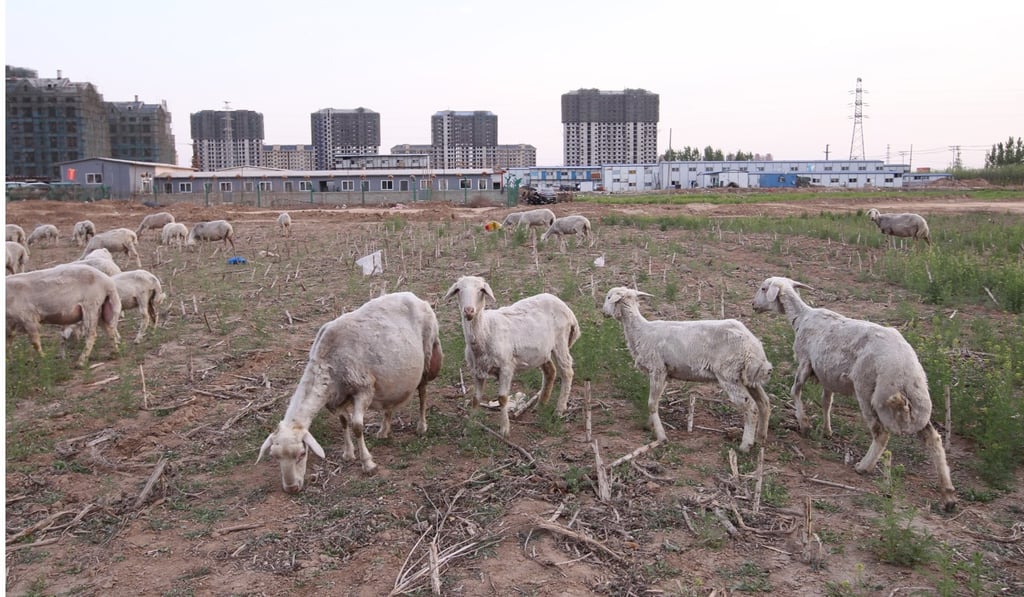Abacus | What China’s Xiongan New Area can learn from ancient Egypt
Plans for the city trumpeted by President Xi Jinping are not as dramatic as recent fanfare suggests, but it could be a modest success if its proponents rein in the hyperbole

Five years into his rule, and in the middle of a long campaign against corrupt factions in the ruling elite who had captured much of the economy and accumulated vast wealth, the national leader sought to consolidate his position by ordering the construction of a new city on virgin land south of the existing capital.
In building his new city, he not only hoped to leave a physical monument to his own grandeur for all posterity, but he also aimed to create a new cultural, commercial and administrative centre untainted by the pollution of the existing capital. And of course, the project provided him with a major opportunity to reward his supporters in the long power struggle by dispensing patronage on a grand scale.
So, in 1,346 BC, the ancient Egyptian pharaoh Akhenaten ordered the construction of Akhetaten, on the Nile some 300km south of Egypt’s existing capital, Memphis.

Ever since, every strongman leader in history worth his salt, once consolidated in power, has decreed the construction of a new city, both to stamp his mark on the age by signalling a new political era, and as his legacy to the future. Some have prospered – Alexandria, St Petersburg. Others have struggled – Brasilia, Abuja, Washington DC.
